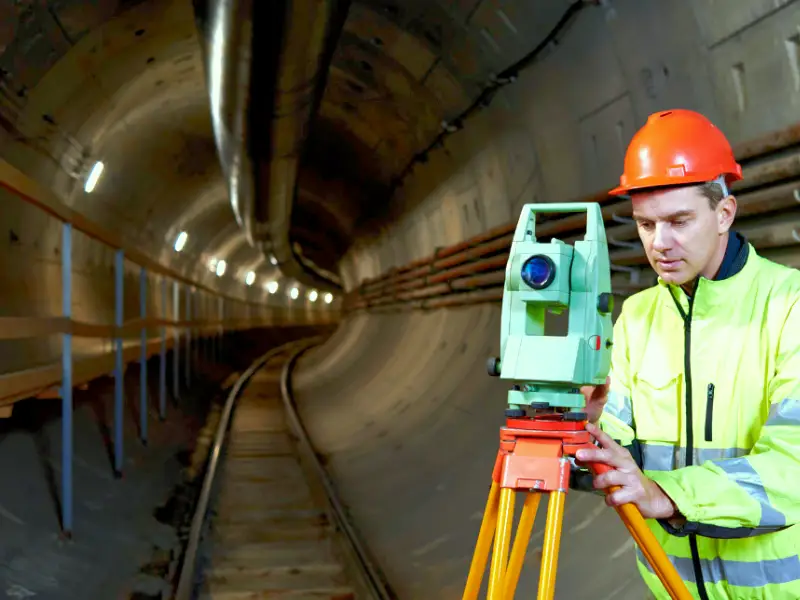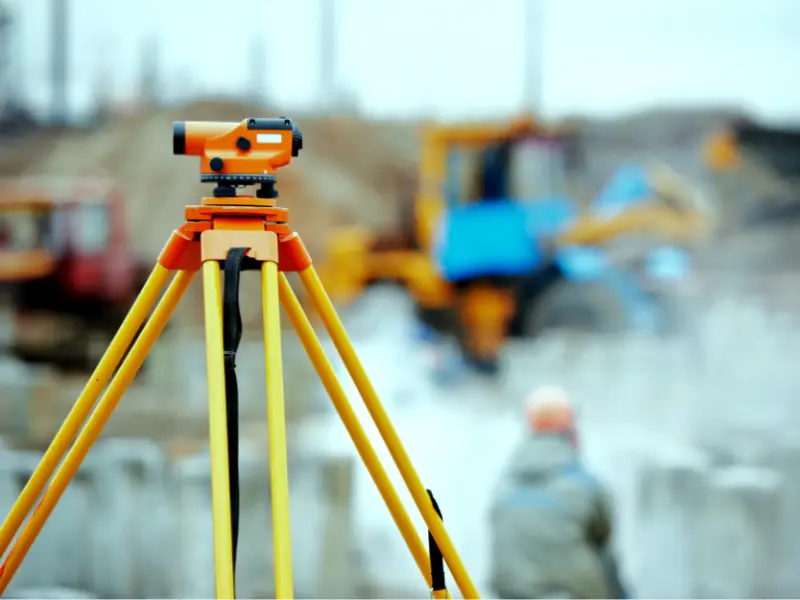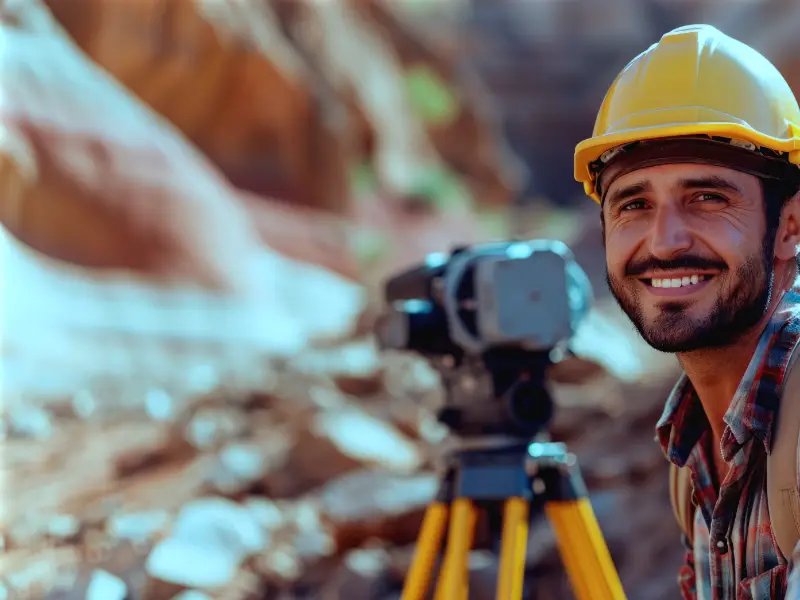
What Are Utility Surveys?
Utility surveys are advanced procedures that are generally performed by surveyors to detect what is beneath the ground. These are often referred to as GPR surveys, but that refers to just one technique (ground penetrating radar).
Our surveyors follow all of the utility and service routes, including gas, water, telecommunications, electricity and drainage. These surveys are typically completed before projects, in order to ensure that there are no underlying problems and to accurately locate services and features that could potentially turn into risks and large-scale problems.
Explore More: Understanding the Basics of Utility Surveys
Utility Surveys at S2P
Over the course of 30 years, we have built up a wealth of experience and knowledge within the above ground utilities industry, from reservoir surveys to laser scanning and modelling of sub-stations within high-voltage electric system, and now offer below ground surveys as well.
As experienced utility surveyors, we now also offer comprehensive below ground surveys.
Importance of Utility Surveys
Safety
Cost Savings
Legal and Regulatory Compliance
Efficient Planning and Design

Enhanced Communication
Property Value and Management
For property buyers, knowing the location of underground utilities can be a critical factor in the decision-making process. Property owners and managers benefit from knowing the location of utilities for future maintenance, renovations, or landscaping projects.
Read More:Benefits of Utility Surveys for Infrastructure Planning
How to Choose a Reputable Utility Survey Provider?
Experience & Equipment
When choosing a utility survey provider, consider their experience and credentials. Providers with a wealth of industry knowledge are more likely to manage challenging surveying tasks successfully. To ensure precise underground utility discovery, look for skilled surveyors using cutting-edge techniques like penetrating radar (GPR) and other non-intrusive approaches.
Additionally, reputation is crucial. Look for case studies, evaluations, and endorsements from customers. A utility surveyor’s reliability may be determined by their capability to offer precise and complete references. Furthermore, ensure the team consists of experts with the newest equipment and technology to improve the accuracy of the surveys.
Understanding Survey Deliverables and Reports
A reputable utility survey provider should offer clear, comprehensive survey deliverables. Deliverables ought to contain data in digital (CAD), PDF, and, if necessary, 3D model forms. This guarantees compliance with the requirements of your project. Please request a sample report from each supplier before choosing one so you can assess the level of detail and clarity in their reports.
Survey reports should include high-resolution photos or maps, an overview of the utilities found, and a summary of the results. Because they are organized, combining the information with other project materials should be simple. You also need to be aware of the deadline for deliverables to keep your project timeline on track.
Book your free consultation to discover the difference we can make for your project.




